This post is an excerpt from literacy expert Kelly Gallagher’s new book In the Best Interest of Students.
Despite the Common Core’s emphasis on argumentative and informational reading and writing, I remain hopeful that teachers find time in their curricula to ensure students do a lot of reading and writing of poetry. Often, I weave poems into existing units—when teaching To Kill a Mockingbird, for example, I will have students study the poetry of Jimmy Santiago Baca, Maya Angelou, and Langston Hughes. But occasionally I will create a stand-alone unit of poetry study for my students. Below is one such unit:
Poetry Unit
Length: Three weeks
This unit is centered on an essential question: What makes a great poem?
Days 1-5: Poetry Swim
If students are to gain an appreciation of poetry, they have to read a lot of poems. To ensure this, I begin by surrounding kids with numerous poetry books and I have them go on exploratory reading journeys. I want to make sure they are exposed to all kinds of poetry: narrative, haiku, free verse, elegies, ballads, epics, sonnets, spoken poetry, and so forth (for a list of high interest poetry books, go to kellygallagher.org).
In this unit, students will be creating poetry logs that chart their discoveries and their thinking. I distribute small composition books, and as they read through a number of poems I require them to collect some that spark an interest. I ask them to copy them in their logs. Alongside their selections I ask students to share their thinking via written reflections.
While students are reading and reflecting on their poems throughout the week, I start every class period with a brief mini-lesson that helps them to read poetry more critically. For example, I might do a mini-lesson on recognizing the author’s use of metaphor, and how the use of metaphor deepens the reader’s understanding of the poem. Or we might study the poet’s decision making when it came to determining line breaks. Or we might study how punctuation is manipulated to create meaning. Mini-lessons are layered throughout the week to help my students become more discerning as they break out and read more poetry on their own.
By the end of the first week I want to see evidence that my students have gone on a deep poetry swim and that they have given rich thought to the poetry they have selected and studied.
Days 6-10: Poetry study
After reading poems for a week, I ask students to zero in on something worthy of deeper study. For example, one student might choose a genre of poetry worth delving deeper into (e.g. spoken poetry). Another student might latch on to a specific poet (e.g. Nikki Giovanni or Billy Collins) to study in greater depth. During this second week, students are asked to find something specific and to drill deeper.
As was the case in the first week, students continue collecting poems and writing reflections in their logs, but these collections and reflections now occur within their specific areas of their chosen study. To prod my students to dig deeper, I may give them some of the following questions to consider as they go deeper into their poetry study: What makes this poet (or genre) worthy of study? Can you identify the “greatness” of this poet (or genre)? What makes this poet (or genre) distinct? Why has this poet (or poem) stood the test of time?
As students conduct this second week of deeper study, I continue to weave in mini-lessons to help deepen their understanding and appreciation.
Days 11-15: Poet Emulation
The emphasis now shifts into having my students emulate the excellent poetry they have encountered. If, for example, a student has studied spoken poetry, she is asked to write spoken poems. If another student studied narrative poetry, he is asked to write narrative poems. Emulation becomes the work of this week.
Of course, as the teacher, my mini-lessons shift this week into a modeling mode. I, too, pick a poet (or genre) and do some emulation in front of my students, thinking out loud as I do so. I go, and then they go.
There are two culminating activities to the unit. First, we revisit the essential question (“What makes a poem great?”) and students consider the question through the lens of their 3-week poetry study. And second, we end by placing the “author’s chair” in the front of the room, and each student sits in front of the class and shares an original poem.
Kelly Gallagher Poetry Collections
Booksource Recommendations


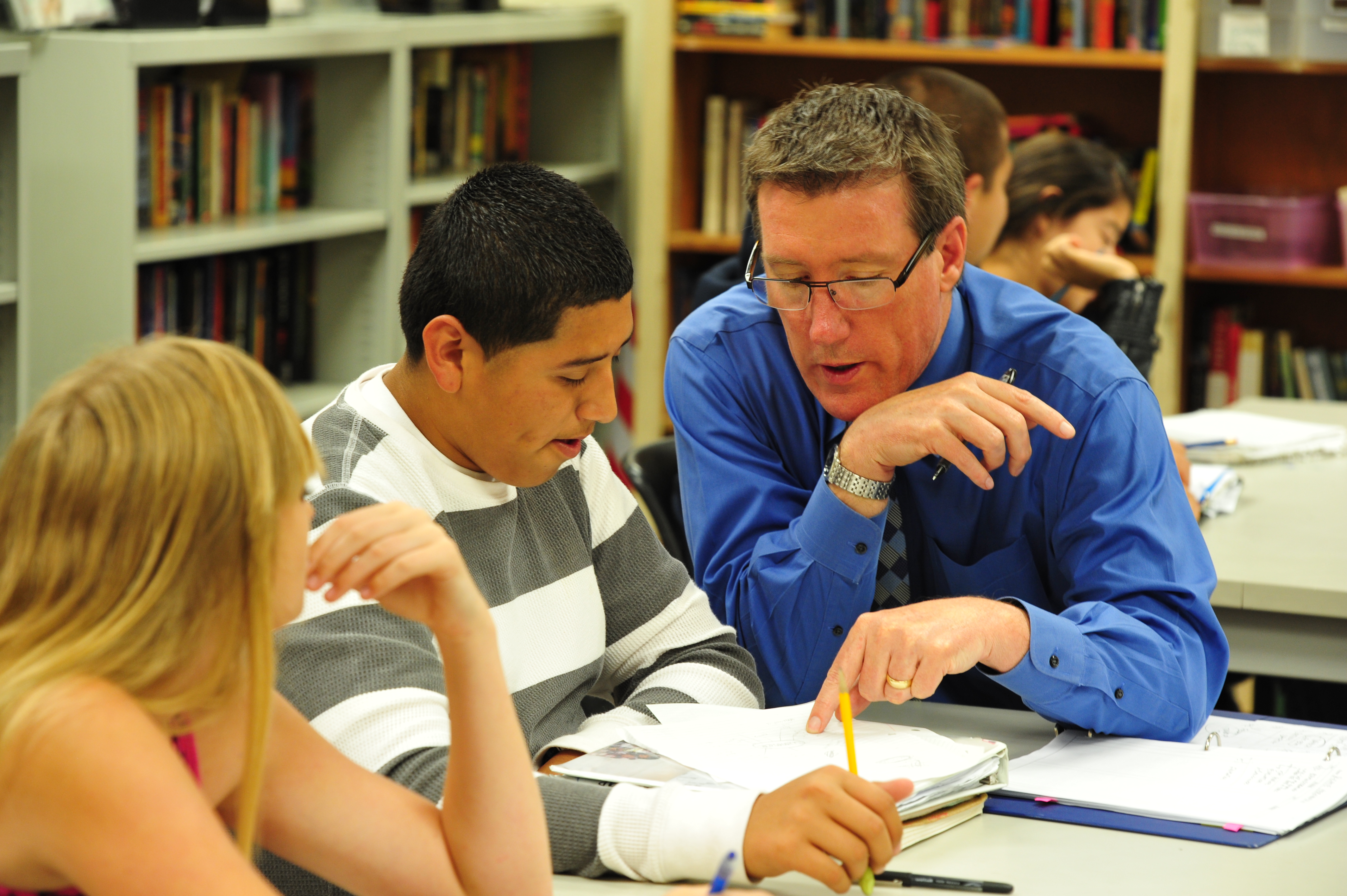
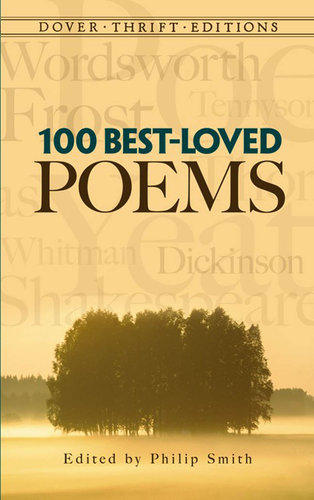
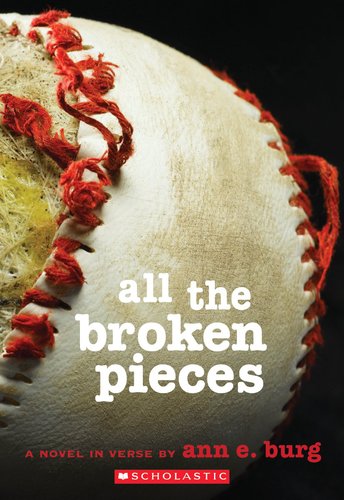
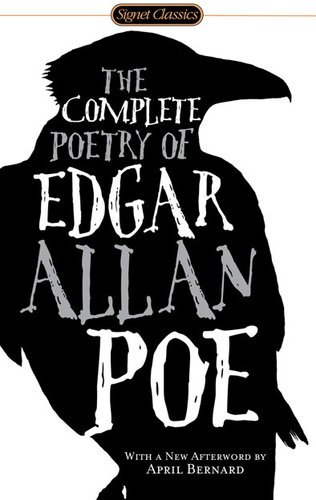
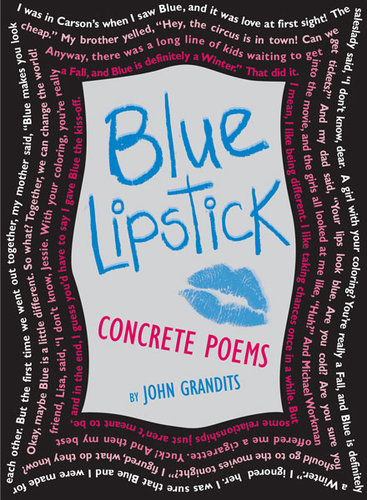
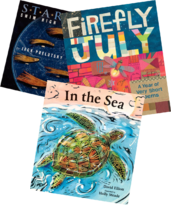
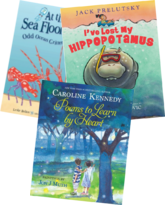
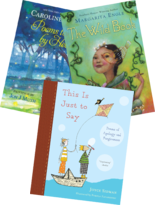


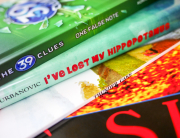

Leave A Comment